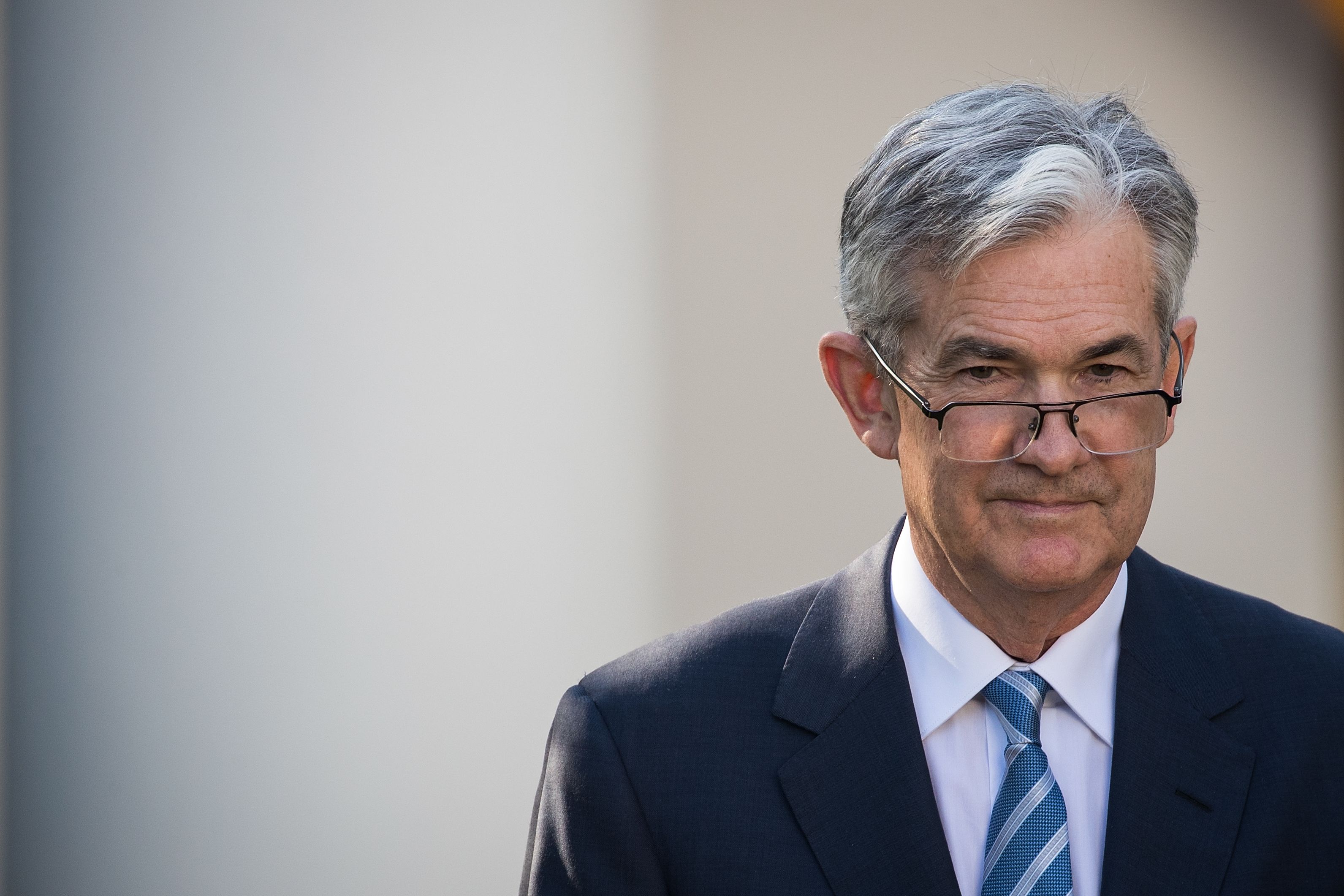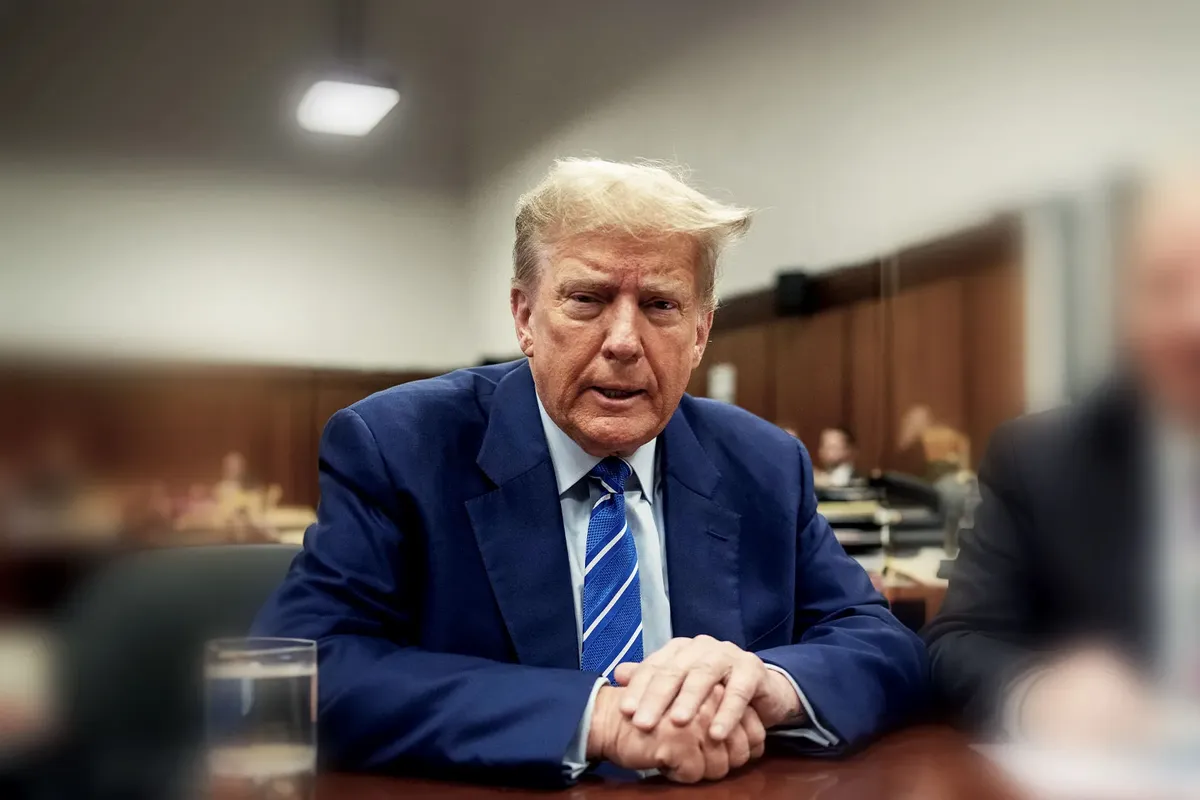Donald Trump has a strategy for the US dollar that’s causing quite a stir. The former president and his running mate, JD Vance, are pushing to weaken the dollar if Trump wins the upcoming election.
![]()
They believe this move will boost American manufacturing and cut down the trade deficit. Trump calls it a “big currency problem” that’s hurting US manufacturers.
A weaker dollar for a stronger economy?
The Republicans see a weaker dollar as a way to make American products cheaper and more competitive abroad.
However, not everyone is convinced this plan will work. Investors and strategists are raising red flags. They argue that devaluing the dollar could be costly and might not last long.
Trump’s other policies, like imposing tariffs on imported goods and cutting taxes, could counter the effects of a weaker dollar.
JD Vance laid out the vision for a weaker dollar during his speech at the Republican National Convention. He believes this strategy could help rebuild US manufacturing and reverse decades of globalization.

Since Joe Biden took office, the dollar has risen by 15% against other currencies. The US trade deficit, meanwhile, has ballooned, reaching $773 billion last year.
Vance and Trump argue that a stronger dollar is making American goods more expensive overseas, contributing to this deficit.
A win for the BRICS?
But a deliberate devaluation of the dollar could have some unintended consequences. For one, it could accelerate efforts by the BRICS to move away from the dollar.
These countries have been pushing for a de-dollarization of the global economy, seeking to reduce dependence on the greenback.

A weaker dollar could make BRICS currencies more attractive for international trade and reserves, helping them with their goals. Though there are challenges too.
A massive drop in the dollar’s value could create volatility in global markets. It might disrupt existing trade relationships, particularly for BRICS nations involved in dollar-denominated trade.
The long-term success of de-dollarization efforts doesn’t just depend on the dollar’s value, but also hinges the economic strength of these countries and the development of alternative financial systems.
In another twist, Trump shared his views on US interest rates. He warned Federal Reserve Chair Jay Powell against cutting rates before the November presidential election.

Trump said that if he wins, he would allow Powell to serve out his term, but only if he believes Powell is “doing the right thing.”
Some people are concerned that Trump might try to politicize the Fed, particularly if Powell doesn’t align with his economic strategies. Powell is seen as having guided the Fed through a challenging period, including a major inflation shock.
Inflation is easing back towards the Fed’s target of 2%, which has led to speculation about a possible rate cut in September, just weeks before the election.
Trump does not like Powell. He has made it very clear. At one point, he even questioned whether Powell was a bigger enemy to America than China’s President Xi Jinping.





